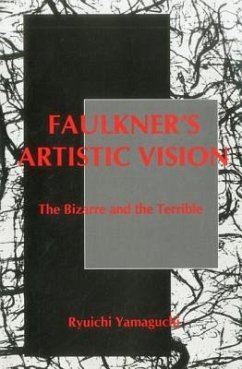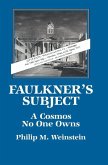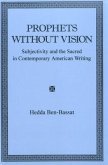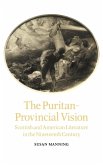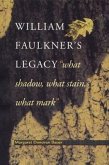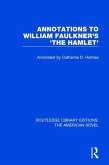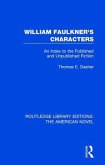Although William Faulkner's imagination is often considered solely tragic, it actually blended what Faulkner himself called the bizarre and the terrible. Not only did Faulkner's vision encompass both comedy and tragedy; it perceived a latent humor in tragedy and vice versa. As a result, Faulkner's fiction is seldom simply comic or simply tragic. Faulkner's comedy incorporates tragedy and despair, and the humor in his novels may serve as well to intensify as to relieve a tragic or horrific effect. This study examines Faulkner's first nine novels, from Soldiers' Pay to Absalom, Absalom!, showing how humor is used to express theme: how it appears in the action, characters, and discourse of each novel; and how it contributes to the overall effect of each novel. In each case, even in the most pained and angry novels, Faulkner's practice of humor expresses his view that humor is an inseparable element of human experience. Ryuichi Yamaguchi is Professor of English and American literature at the Aichi University in Japan.
Hinweis: Dieser Artikel kann nur an eine deutsche Lieferadresse ausgeliefert werden.
Hinweis: Dieser Artikel kann nur an eine deutsche Lieferadresse ausgeliefert werden.

